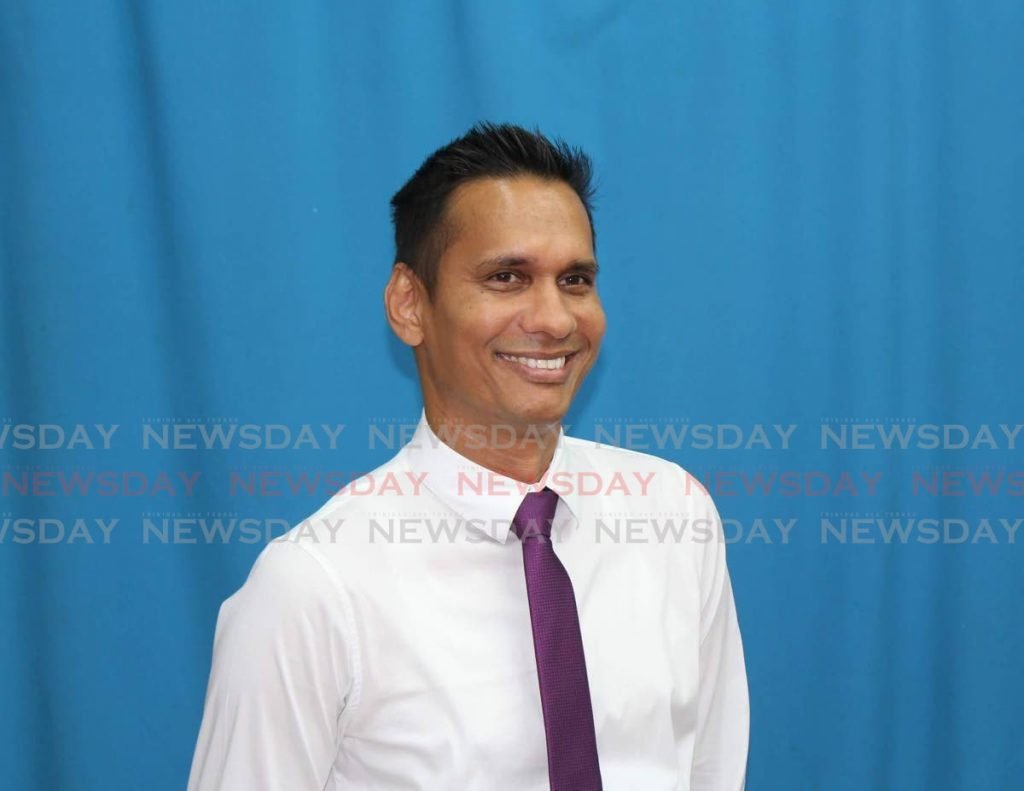Former TTUTA heads divided on Government's wage offer

TWO former labour leaders have opposing views on the government’s offer of a two per cent wage increase over and eight-year period spanning 2014-2021.
Newsday spoke with both former heads of the Trinidad and Tobago Unified Teachers Association (TTUTA) Anthony Garcia and Lynsley Doodhai. Garcia was president from 1982-1989 and again from 1992-1998 while Doodhai was president from 2016-2019.
Asked to comment on the current offer by the Chief Personnel Officer Dr Daryl Dindial, Garcia, a former minister of education under the Prime Minister’s first term in office between 2015-2020, said he understood the rationale behind the offer, especially at this time with the state of the economy, as explained by Dr Rowley on Sunday.
Rowley, in responding to questions at the VIP Lounge of the Piarco International Airport shortly after his return from Guyana, called on workers to remain calm and be patient.
Asked what would have been his response as a former labour leader, Garcia said he would have had to take the offer to his executive but could not say what they would have said adding that the question was too hypothetical.
Doodhai too said he would take the offer to his executive but was sure that it would have been rejected.
Garcia said “There are many things that one must take into consideration. A situation like that requires a lot of thought and consideration. In fact if I were in the leadership of a labour union I would have, even before the CPO made his offer, I would have been conferring with the executive so that we would have been prepared for whatever the government put forward.”
Asked then if the current leader leaders should accept the offer, Garcia said it is an area in which he would not speculate. He added that he left the trade union scene a long time ago and was now enjoying life with his family.
“I will leave it to the intelligence of the union leaders and we have very intelligent union leaders.”
Doodhai said the way negotiations were handled should be reviewed, as the negotiations were sometimes never started within a collective bargaining period. He said each collective period the CPO’s office failed to negotiate, forcing three-year collective bargaining periods to lapse.
“The policy of the government was to hold back on negotiations when they go to the unions. We now have three periods outstanding. Trade unions would have tried to begin negotiations but the position of the CPO would have been that he would have no instructions from the Minister of Finance to start negotiations.”
He said that pattern forced the government to pay substantial arrears, adding that negotiations should be completed within the selected time. Doodhai said the latest two per cent offer, was the Government’s “opening offer” and not the final offer.
He said, as far as he could recall, it was the lowest that was ever offered to labour unions. He added that, in the 1980’s, there was a five per cent offer but could not say if it was for a three-year period or longer.
Finance Minister Colm Imbert on May 16, during the debate on the Variation of Appropriation) (Financial Year 2022) Bill, 2022, said the country achieved a surplus of $1.98 billion at the end of April. He said one of the things the government would do with the increased revenue was pay increased wages to public servants.
In a tweet on Sunday he said the two per cent increase will cost $350 million in backpay and an additional $300 million in annual recurring expenditure for public servants. On Monday he tweeted that a five percent wage increase from 2015 to 2020, for all affected negotiations will cost $9.15 billion in backpay and an increased recurring expense of $2,2 billion.


Comments
"Former TTUTA heads divided on Government’s wage offer"